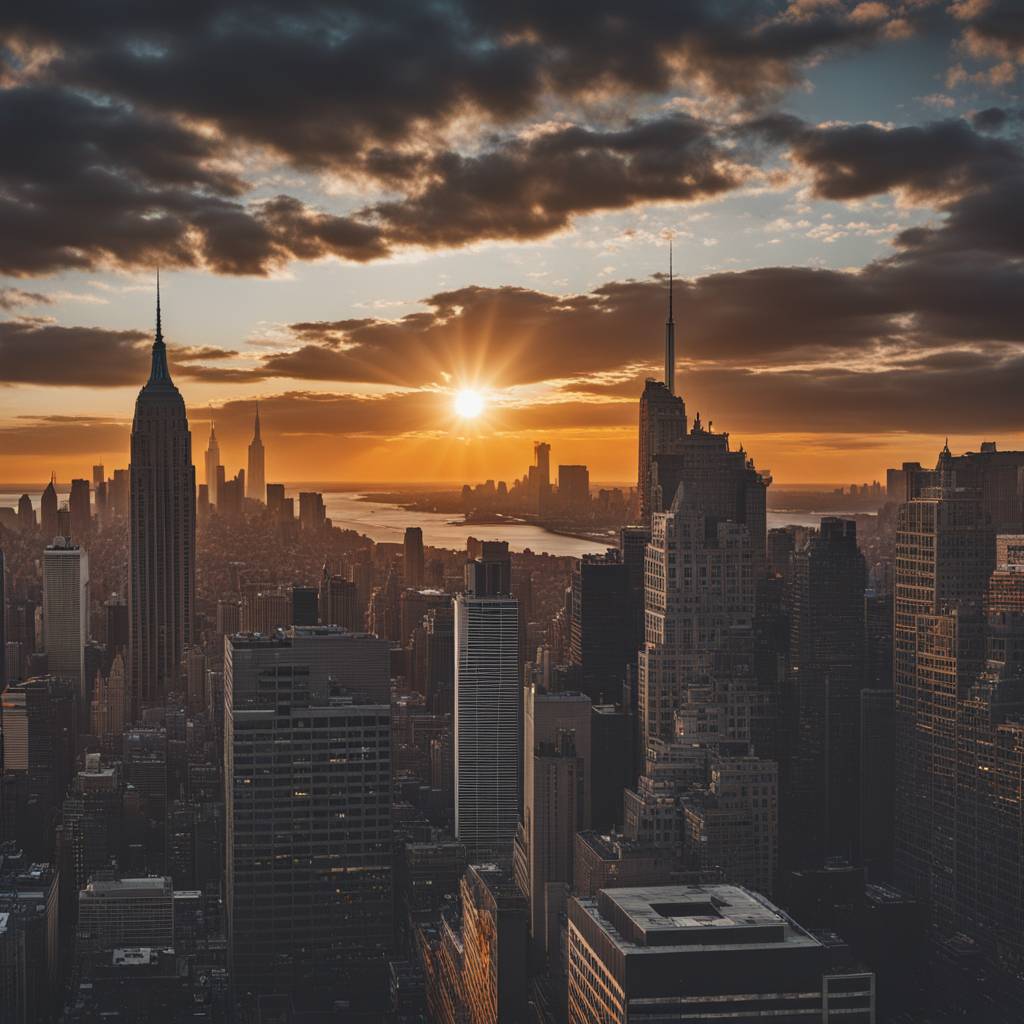Six violent felons incarcerated in New York are suing for the right to view next week’s total solar eclipse despite a statewide prison lockdown, citing the “religious significance” of the event. These inmates at Woodbourne Correctional Facility, including a Baptist, a Muslim, a Seventh-Day Adventist, two Santeria practitioners, and an atheist, argue that being barred from viewing the eclipse would infringe upon their constitutional religious rights. Each inmate has expressed a sincerely held belief that the eclipse is a religious event that they must witness and reflect on to observe their faiths.
The Department of Corrections and Community Supervision mandated that all inmates remain in their housing units during the eclipse, which prompted the inmates to file a complaint in federal court. One of the inmates, Jeremy Zielinski, an atheist, has been incarcerated since 2016 on a first-degree rape charge. The eclipse holds significance for him as an atheist due to his celebration of science and reason. However, his permission to view the event was revoked when the lockdowns were announced last month.
Another inmate, Jean Desmarat, serving a minimum sentence of 25 years for second-degree murder, argues that his constitutional rights will be violated if he is not allowed to view the eclipse. Similarly, David Haigh, a Seventh-day Adventist serving time for first-degree manslaughter, sees the eclipse as a phenomenon of great religious significance, relating it to Christian beliefs about darkness covering the land during Jesus Christ’s crucifixion. Both inmates believe it is essential for them to observe the eclipse as part of their faith.
A third inmate, Travis Hudson, a Baptist convicted of first-degree course of sexual conduct with a child, has similar sentiments about the importance of the eclipse. Two other inmates practicing Santeria, Bruce Moses and Oscar Nuñez, wish to make spiritual offerings and pray and chant, respectively, during the eclipse. All six inmates believe that witnessing the eclipse is crucial to observing their faith and spirituality, and they argue that being denied the opportunity infringes upon their religious rights.
A full solar eclipse was last seen in the U.S. in 2017, and the next occurrence visible in the country will not be until 2044. Despite being eligible for parole before 2029, the inmates are seeking the chance to view this rare celestial event. The Department of Corrections and Community Supervision has stated that eclipse safety glasses will be distributed to prisoners in the path of totality whose cells or assigned work locations would allow them to see the event from inside. They also indicated that religious requests related to viewing the eclipse are currently under review.
While the lawsuit filed by the inmates is still pending, this case raises important questions about religious rights for incarcerated individuals. The inmates’ arguments regarding the religious significance of the eclipse and their right to observe it provide a unique perspective on the intersection of faith and incarceration. The outcome of this case could have broader implications for how religious rights are respected and upheld within the prison system, highlighting the need to balance security concerns with the constitutional rights of individuals to practice their faith.


